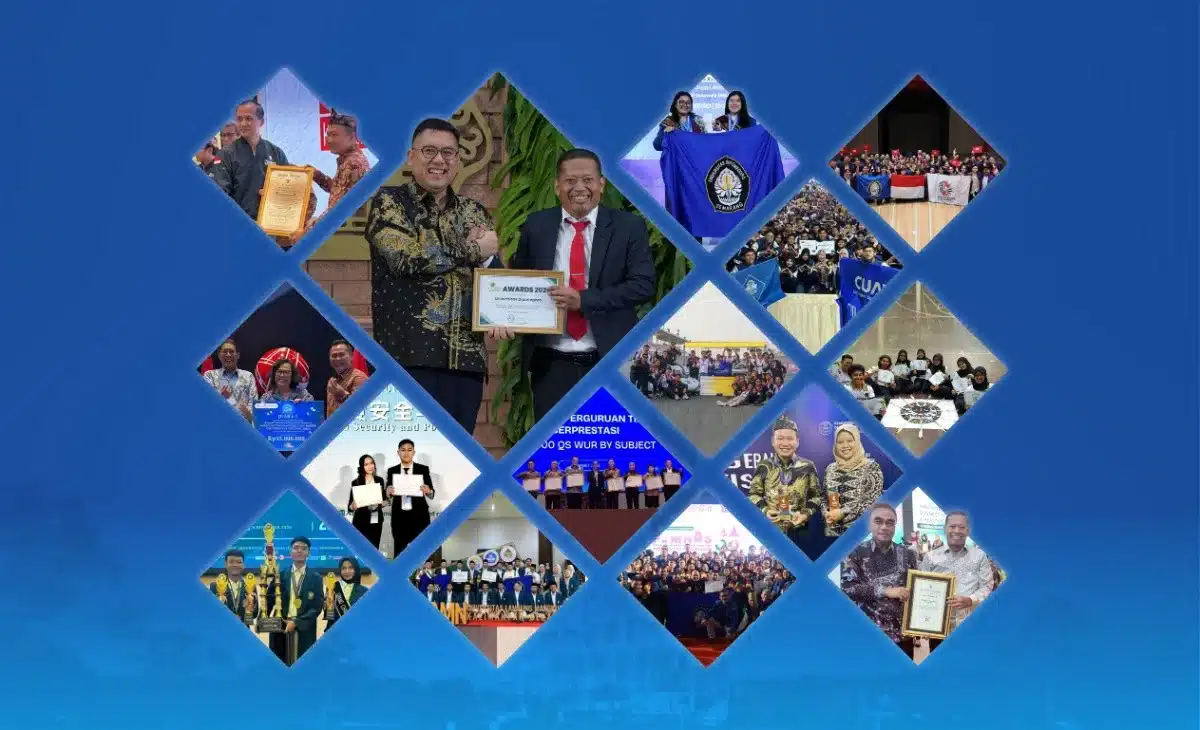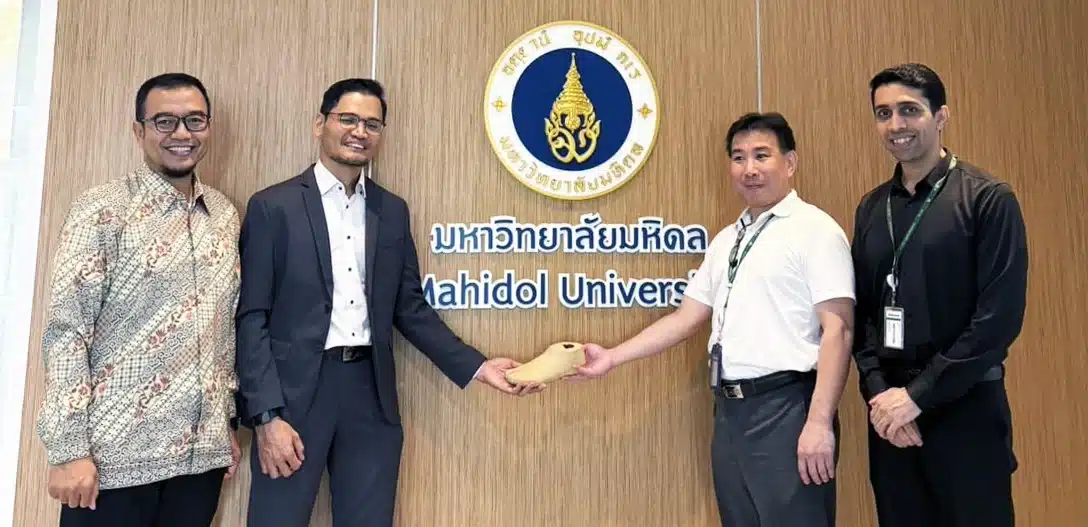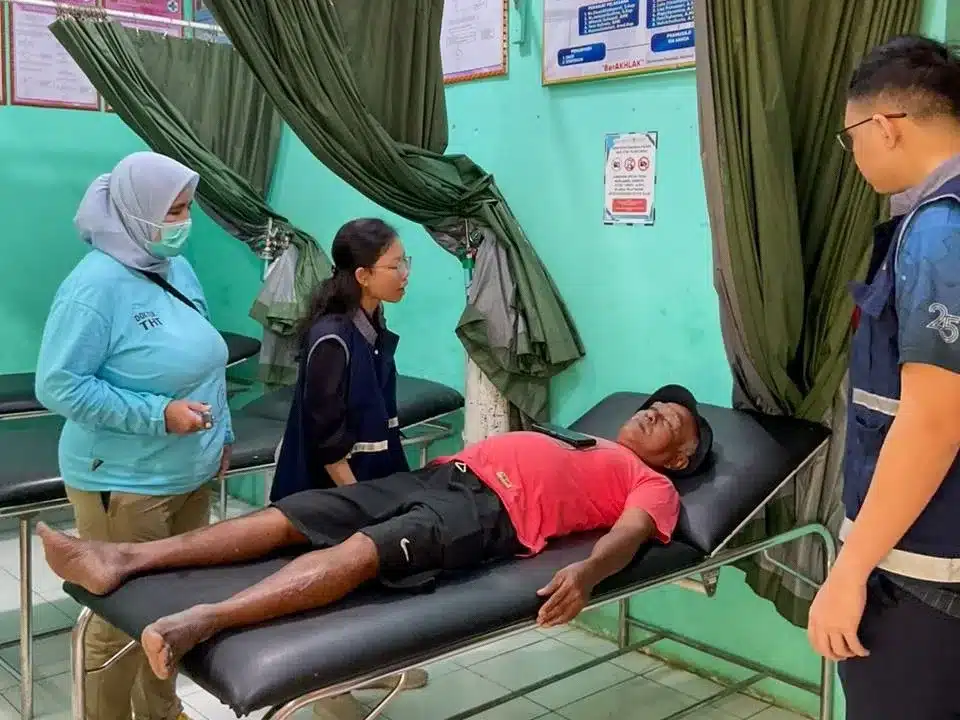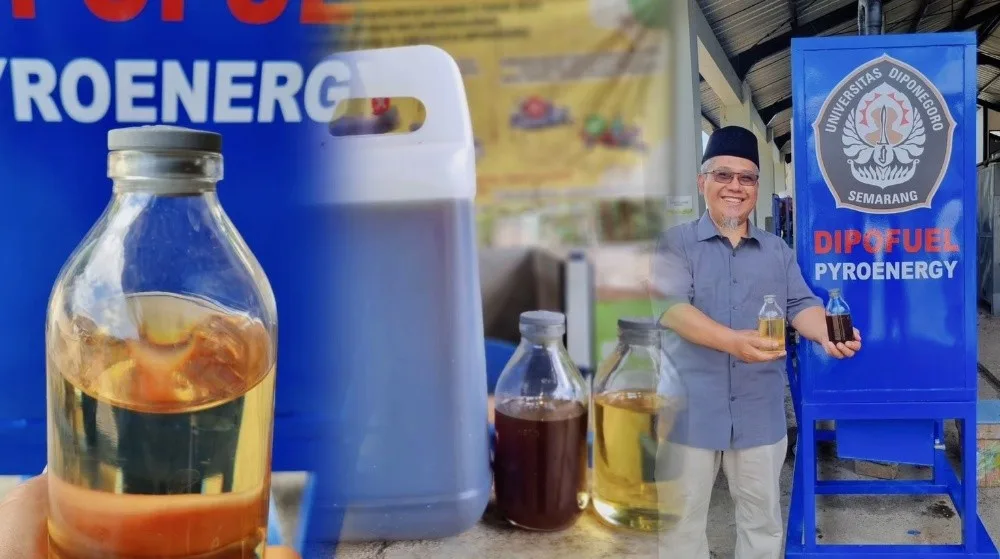Prof. Antonia Soriente, Ph.D., a language expert from the Department of Asia, Africa, and Mediterranean University of Naples L’Orientale Italia, offered a public lecture with a study in minority languages in Indonesia from documentation, descriptions, and scientific interdisciplinary on Monday (12/2) on FISIP Undip Campus in Semarang. This public lecture was an initiation from the Department of Politics and Governance FISIP Undip.
Prof. Antonia Soriente announced her analysis of minority languages in Kalimantan and Sulawesi.
“Currently, minority languages face challenges from globalization as they may be threatened if there are no longer any speakers willing to pass it on.”
Prof. Antonia documented true stories from the speakers, from people’s lives to building ships raditionally. She also stated that language comprehension can recognize social problems, and through that, language learning can be perceived as a discipline.
Meanwhile, a Governance Science lecturer of FISIP Undip, Dr. Sos. Mohammad Adnan, stated that the wealth of languages in Indonesia is something unsurpassed by other countries.
“Indonesia has many languages and dialects. Thus, Indonesia is very rich compared to other countries. Fortunately, we have Sumpah Pemuda, and with that, we have a language of unity. But on the other hand, when we have a language of unity, the vernacular language will become the second language,” she stated.
“The regional languages in Indonesia have many spoken dialects. If these dialects are not spoken anymore, it can harm the development of the regional language. However, in the case of the Javanese language, it is less likely to become extinct as it is still used widely. Islamic boarding schools still use Javanese as a medium of instruction to teach Islam. Kiai, the Islamic teacher, teaches Islam in Arabic and then translates it directly into Javanese. The language switch ensures the survival of the Javanese language as long as there are such schools present in the region,” she explained.
Dr. Nur Hidayat Sardini, the Head of the Department of Politics and Government, expressed a strong commitment to bringing in guest lecturers from both local and international spheres.
“This effort to bring in lecturers from abroad is our commitment to provide global insight for lecturers and students,” he said.










